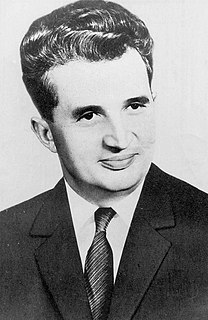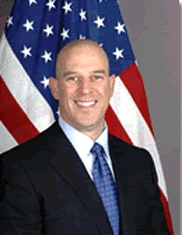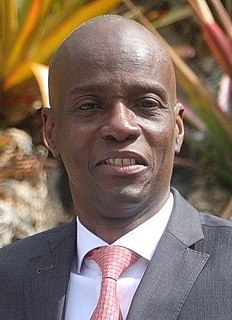A Quote by Noam Chomsky
During the 1960s, large groups of people who are normally passive and apathetic began to try to enter the political arena to press their demands.... The naive might call that democracy, but that's because they don't understand. The sophisticated understand that that's the crisis of democracy.
Related Quotes
In the 1960s, various parts of the population became energized and began to enter the public arena to call for the rights of women, students, young people, old people, farmers and workers. What are called "special interests" - meaning the whole population - they began to press to enter the public arena. And they said that puts too much pressure on the state and therefore we have to have more moderation in democracy and they should go back and be quiet and obedient.
To describe Russian politics as "managed democracy" - and that's sometimes hard for outsiders to understand, because a lot of the forms of democracy exist in Russia, so there are elections; there is a press; there is a campaign, and so on. But the outcome of the campaign is never in doubt. So the campaign is manipulated. There is a real opposition in Russia. There are one or two real opposition figures who do want to change the political system, but they will probably not be allowed to run, and one way or another they will be prevented from being on the ballot.
I'm naive. I will admit that I'm naive. There's a part of me, honestly, to the depths of my soul, that doesn't understand why people hate this country. Intellectually, I understand it. I understand the politics of grievance, and I understand the way people have been taught, but compared to every other place human beings have lived before this country and since it was founded, it makes no common sense to hate this place, and yet people do.
People have to be atomized and segregated and alone. They're not supposed to organize, because then they might be something beyond spectators of action. They might actually be participants if many people with limited resources could get together to enter the political arena. That's really threatening.
I call government that works the best for people open society, which is basically just another more general term for a democracy that is - you call it maybe a liberal democracy. It's not only majority rule but also respect for minorities and minority opinions and the rule of law. So it's really a sort of institutional democracy.
In Cuba, what we do not accept is the comparison of our participatory democracy with bourgeois democracy which has not solved anything for humanity. The only thing it has done is to take humanity towards a precarious point. They have created the environmental crisis, the food crisis, the water crisis and the pandemics all over the world. The reason for that is because they have taken the majority of the resources and given it to militarism paid for by the western powers because it is a great business for them; this is the real truth.
Democracy doesn't mean much if people have to confront concentrated systems of economic power as isolated individuals. Democracy means something if people can organize to gain information, to have thoughts for that matter, to make plans, to enter into the political system in some active way, to put forth programs and so on. If organizations of that kind exist, then democracy can exist too. Otherwise it's a matter of pushing a lever every couple of years; it's like having the choice between Coca-Cola and Pepsi-Cola.


































